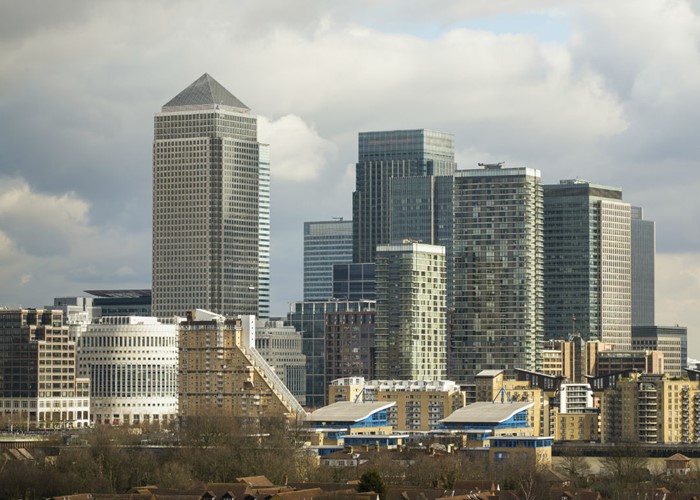£68 billion interest lost due to quantitative easing and low interest rates

A new report has analysed how much interest savers and pensioners have lost since the financial crisis, but also how much homeowners' equity has increased.
People in the UK have lost around £68 billion in interest since 2007 as a result of the Bank of England’s record low Base Rate and quantitative easing (QE) programme, according to a new study by the McKinsey Global Institute.
However, we haven't suffered as much as our counterparts in the US, in part due to the larger percentage of people whose mortgage interest rate fell as a result of the reaction to the global financial crisis.
What is quantitative easing?
Quantitative easing, or money printing as some commentators refer to it, is a process where a central bank buys up Government bonds, also known as gilts, from financial institutions. In effect, the bank, in our case the Bank of England, is in essence creating money from nothing.
This has the effect of pumping more money into banks and building societies, with the aim of increasing the availability of credit.
However, this also increases gilt prices, which in turn decreases what they pay out (known as the yield). This has a direct knock-on effect on the income people receive from pensions and annuities.
And the record-low Base Rate at 0.5% means savings interest rates are at rock bottom too.
In fact, last year the Treasury Select Committee suggested the Government should compensate pensioners for the effects of QE.
Homeowners boosted
The record low Base Rate, combined with a lack of supply, means house prices are 15% higher than they otherwise would have been, potentially offsetting the squeeze on incomes for many, says the McKinsey report. Of course, unless you sell your home, remortgage or release some of the equity from it, you won’t tangibly feel the effect of that increase.
In fact, with a relatively mild housing market downturn, but no crash, followed by a recovery, the report says the collective wealth of UK homeowners has actually been boosted to the tune of £602 billion over the past five years.
However, it notes that the majority of that increase in wealth is felt by people who already have significantly greater assets. In other words, the rich are getting richer. The Bank of England has argued that without its intervention unemployment would have been higher, growth would have been lower and businesses would have gone under.
The study also claims that lower interest rates have not hugely boosted share prices just because companies are now paying less interest on their debts.
Instead, it believes prices have risen mainly due to a massive overcorrection following the financial crisis. This has been disputed by other experts, who say the intervention of central banks encourage people to pile into riskier investments such as shares in pursuit of better returns.
Compare stocks and shares ISAs
A warning for the future
The report ends by sounding a warning about the end of this era of low interest rates and QE. It predicts that for every 100-basis point increase in the Base Rate, for example from its current low of 0.5% to 1.5%, it will cost households an extra £11 billion in mortgage repayments.
On the flipside, savers should begin to benefit from rates rising but the report, perhaps unsurprisingly, forecasts potential volatility in stock markets as QE is wound down.
What do you think about the Bank of England's reaction to the financial crisis? Have you lost out or benefitted? Share your thoughts in the Comments box below.
More on the economy:
What next for inflation and interest rates?
Why the Bank of England should cap house price rises
How the Government spent your money last year
Can banks take your savings?
Comments
Be the first to comment
Do you want to comment on this article? You need to be signed in for this feature